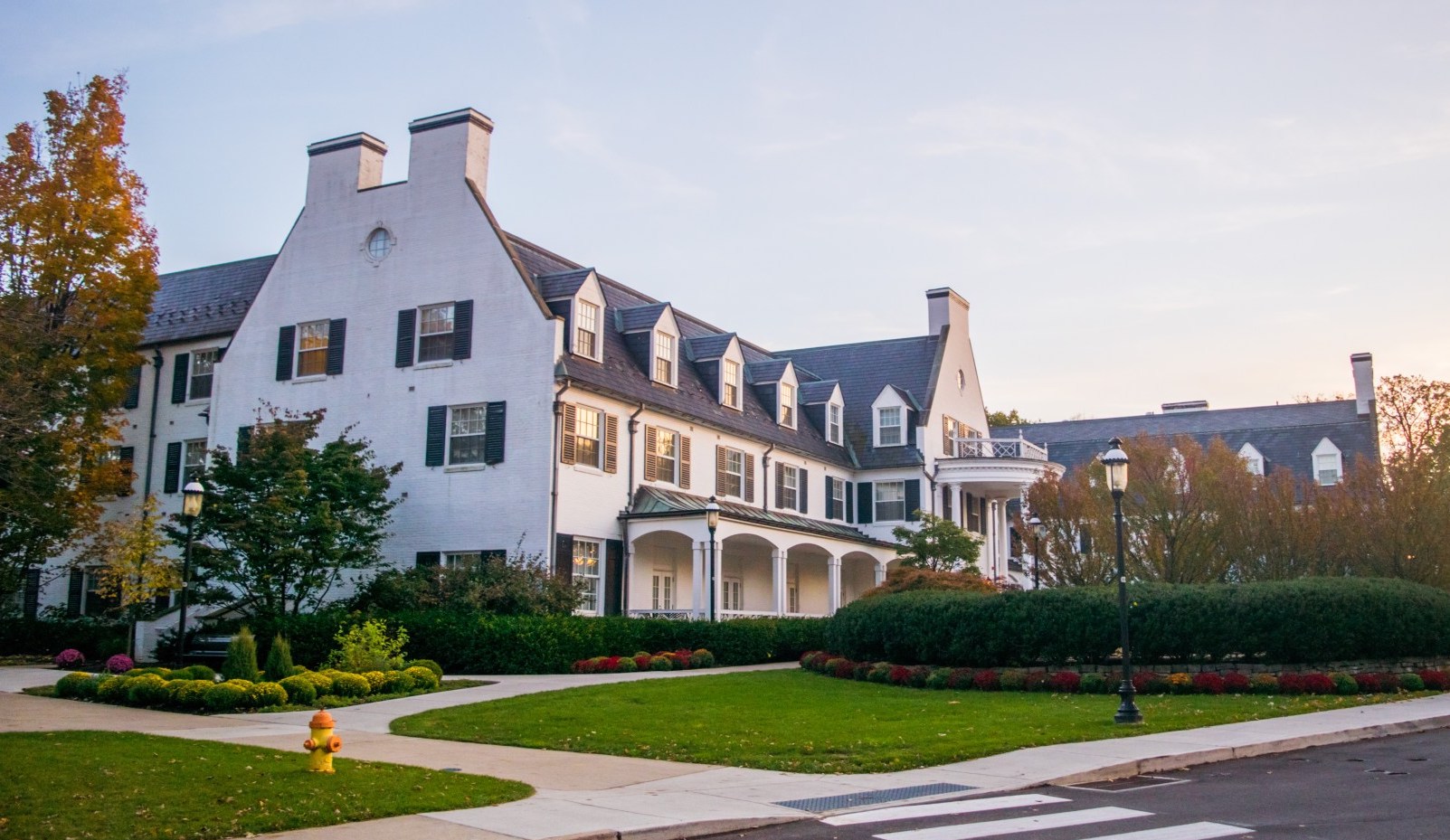Penn State is studying options for the future of its two university-owned hotels, including potentially selling or leasing the properties, according to a recent news release.
A working group is examining “potential efficiencies that could be realized in hotel operations” for the 90-year-old Nittany Lion Inn and 27-year-old Penn Stater Hotel and Conference Center as part of a larger, multi-year initiative studying ways to control costs, grow revenue and support strategic initiatives across numerous aspects of the university.
“The goal of this effort is to look at how continued investments into the operations of the hotels may or may not align with the university’s core teaching, research and service mission,” Sara Thorndike, senior vice president for finance and business, told the Penn State Board of Trustees during a recent conference session. “This analysis is driven by the fiscal responsibility of the university to explore all areas of operations in support of mission-critical priorities that will best serve our students.”
Penn State has hired consultant Rieth Jones Advisors “to compare and contrast possible options that may be available” which include renovating the hotels, divesting and ground leasing them “or variations on these options,” according to the release.
“No decision has been made. Going through this exercise does not mean the University has determined to change hotel operations or move forward with any specific option,” John Papazoglou, associate vice president for Auxiliary and Business Services, said. “Penn State is analyzing all aspects as well as the potential impact any decision may have on our community, including hotel employees, faculty and staff who use the facilities; students who participate in experiential learning on site; and alumni and guests who patronize both facilities.”
The hotels face “a sizable and costly maintenance backlog,” need for renovations and intensifying growth and competition in the regional hospitality market, according to the university.
COVID-19 also has impacted the properties. Health and safety additions have resulted in millions of dollars in unexpected costs, while income has “substantially diminished,” according to a FAQ on the working group’s website.
The Nittany Lion Inn has not had hotel guests since the start of the pandemic. Starting last fall, Penn State repurposed the Inn as a student residence hall and classroom facility as it reconfigured buildings to meet health and safety needs. The Dining Room and Whiskers also have been closed.
“With the recent impact of COVID on the university, optimizing resources and identifying efficiencies and savings is even more critical to support our strategic priority of access and affordability,” Thorndike added.
The working group is expected to make a recommendation on the future of either or both hotels to the Board of Trustees by mid-2022.
“The university’s goal is to make a decision that will ultimately benefit our community in the long-term and that aligns with our priority to keep a Penn State education affordable and within reach of students,” Thorndike said.



